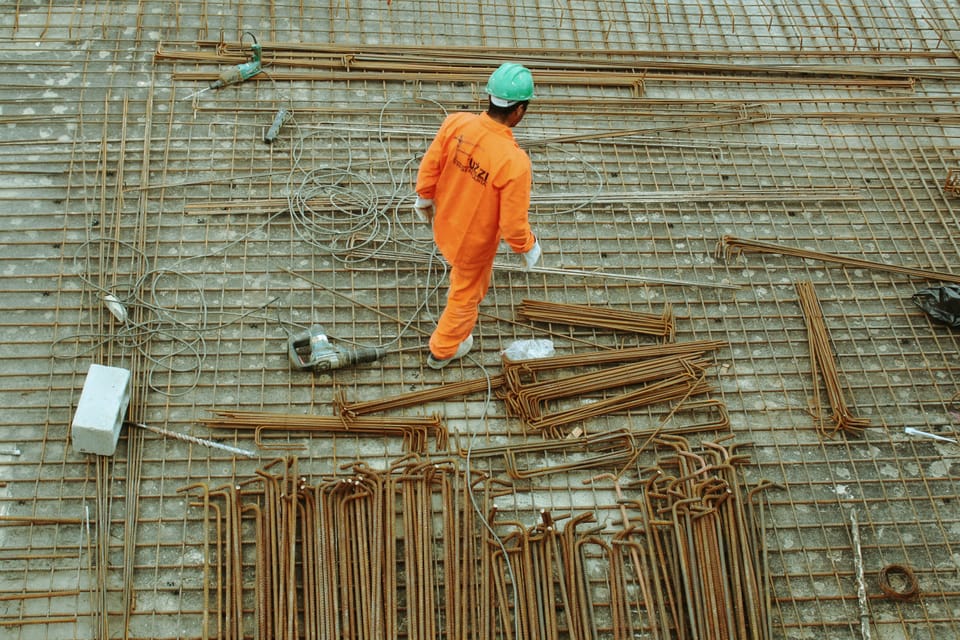SBTi calls for no new fossil fuel installation from 2030 to decarbonise buildings

The Science-Based Targets Initiative (SBTi) has launched a new framework to help the building value chain achieve net zero emissions – and urged companies and financial institutions to halt all new fossil fuel installations by 2030.
The organisation recommends four key actions from companies and financiers to support the construction sector’s decarbonisation – and the first is to make a public commitment to stop new fossil fuel-based heating, cooking, power generation and hot water equipment by 2030.
In its Building Sector Science-Based Target-Setting Criteria, released on August 28, the SBTi specifies that companies looking to set SBTi-approved targets in this industry “shall publicly commit to install no new fossil fuel equipment that is owned or financially controlled by the company in their buildings portfolios from 2030, at the latest”.
Reducing operational and embedded emissions
Beyond this commitment, companies and financial institutions in the building value chain should also reduce in-use operational emissions associated with a building’s energy use. They can refer to the SBTI’s Building Target Setting Tool, which includes regional pathways to reduce this type of emissions, developed in collaboration with the Carbon Risk Real Estate Monitor initiative (CRREM) and taking into account variations in local power grids and how buildings are used.
Then, companies must set a target to reduce embodied emissions from raw materials, manufacturing, transportation and construction – a commitment the SBTi considers particularly important considering that global floor area is expected to grow by around 15% by 2030.
Finally, the organisation recommends companies commit to implement energy efficiency improvements to retrofit and decarbonise old buildings – since 80% of current buildings will still be in place by 2050.
“Decarbonising both old and new buildings is paramount to tackling climate change. We call on these businesses to lead the net-zero transformation,” said Alberto Carrillo Pineda, Chief Technical Officer of the SBTi. “This sector now has the tools to build towards net-zero – companies and financial institutions must take immediate action.”
Read also: CPP Investment CSO sees ‘green premium’ emerging in real estate







Member discussion